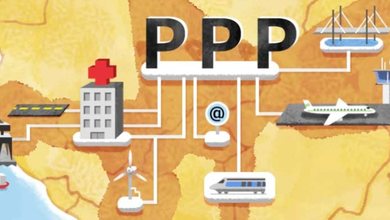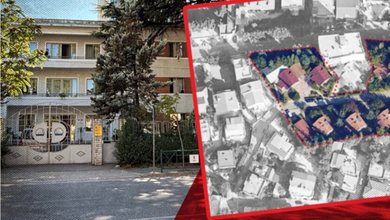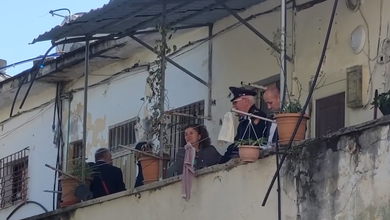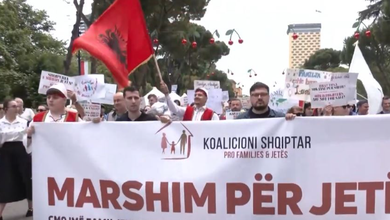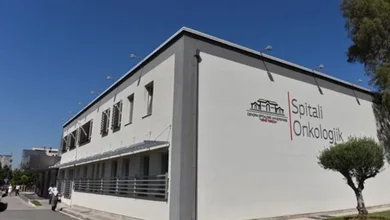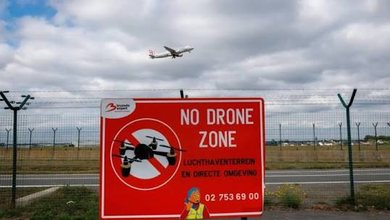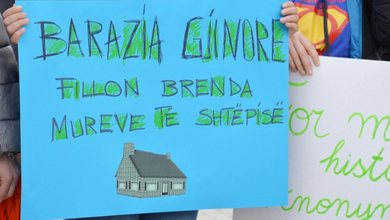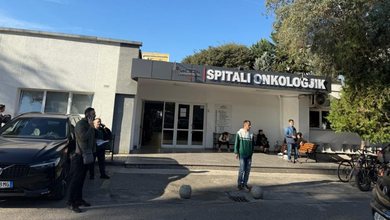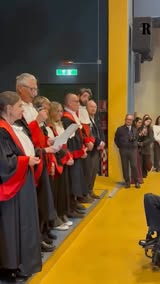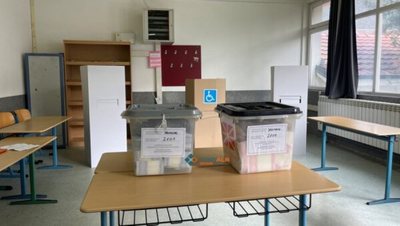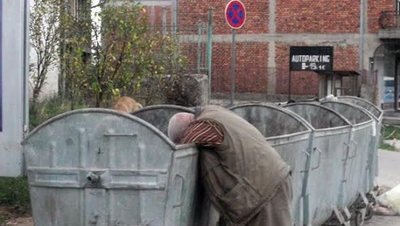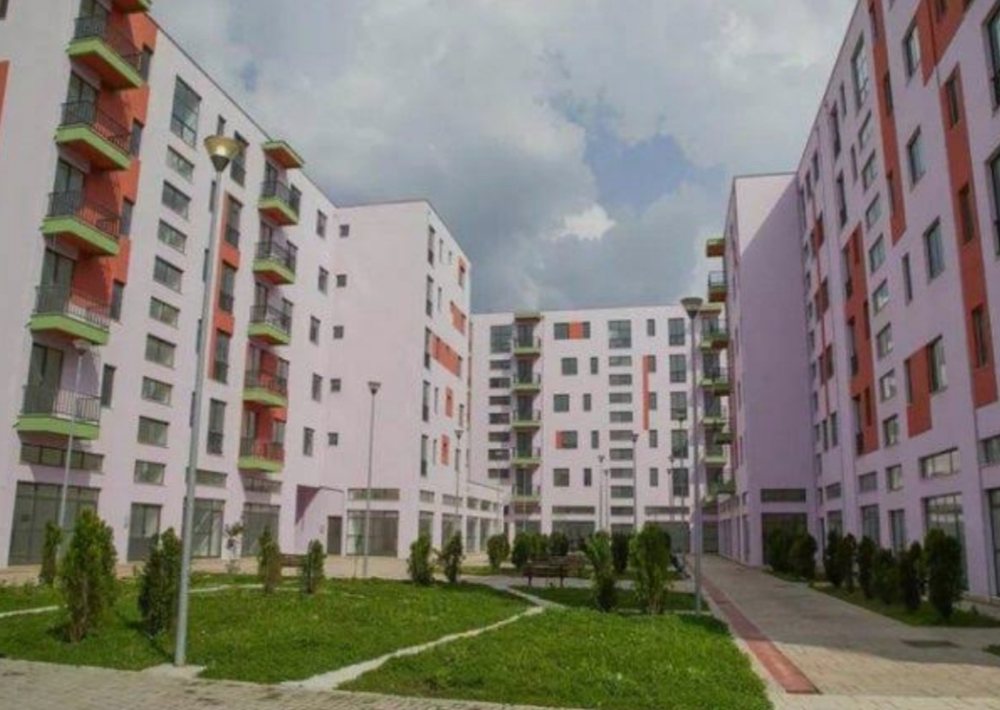
At a time when the lack of housing for young families has become a national emergency, due to the increase in apartment prices also influenced by the injection of dirty money into the construction sector, a report by the Civic Resistance raises serious questions about the effectiveness of the law on social housing.
The Civic Resistance analyst, Ilir Brasha, has conducted a monitoring of the implementation of Law No. 22/2018 "On Social Housing", which obliges builders of buildings with an area over 2000 m² to transfer at least 3% of the built area to public ownership.
This obligation can be fulfilled through the direct transfer of completed housing, the provision of an equivalent monetary value, or the provision of an equivalent area in another location.
According to monitoring data, the Municipality of Tirana has collected significant funds from this social contribution: 1.68 billion lek in 2023 and 2.73 billion lek in 2024, for a total of 4.4 billion lek in two years.
However, by 2025, only 40 social housing units were rented, housing 40 families with a total of 105 members – an indicator that exposes the very low use of the created fund.
"While market prices are being artificially inflated by money laundering in construction, ordinary citizens are being left without access to housing. The 3% social housing obligation was supposed to be a mechanism for social justice, not a formal obligation on paper," emphasizes analyst Ilir Brasha.
In its latest report, the Civic Resistance highlights that it has been warning for years that the construction sector lacks transparency and that the lack of real implementation of the law on social housing is worsening the gap between wealth and poverty in Albanian cities.


